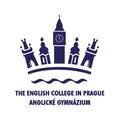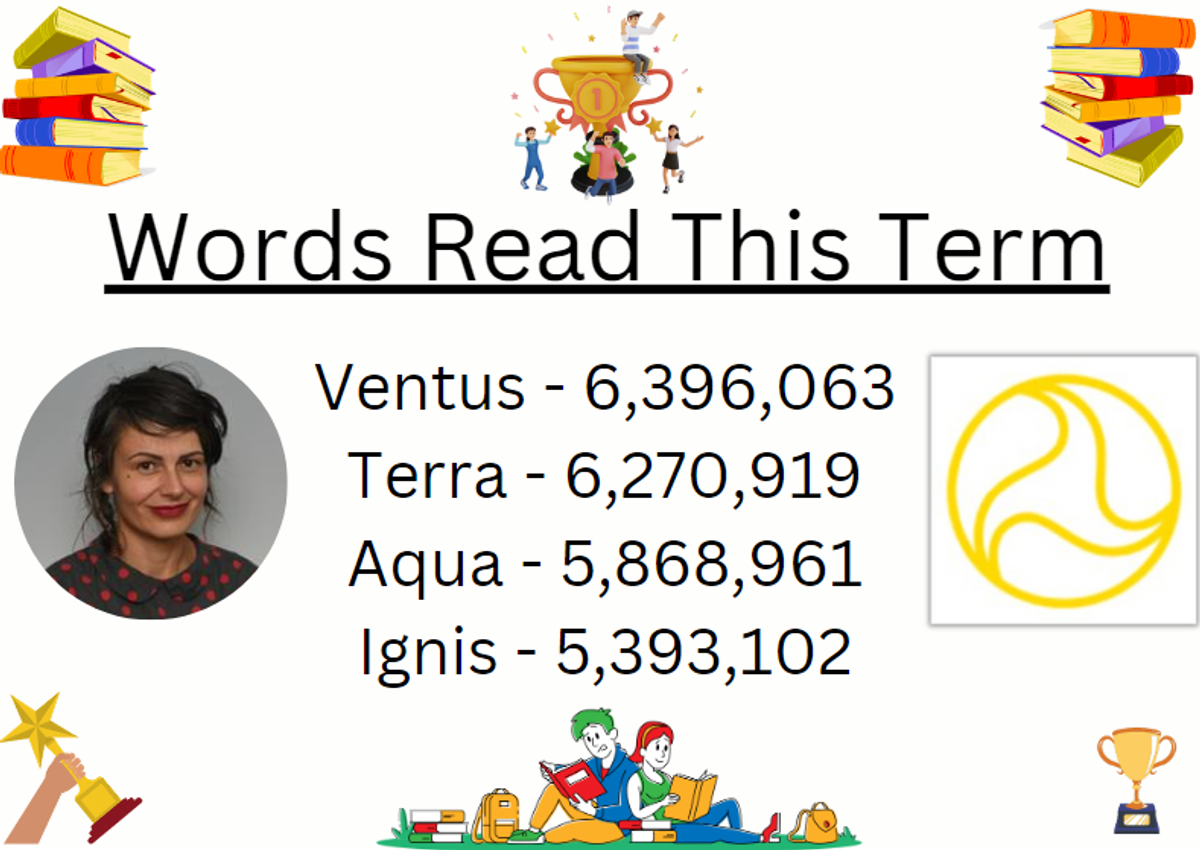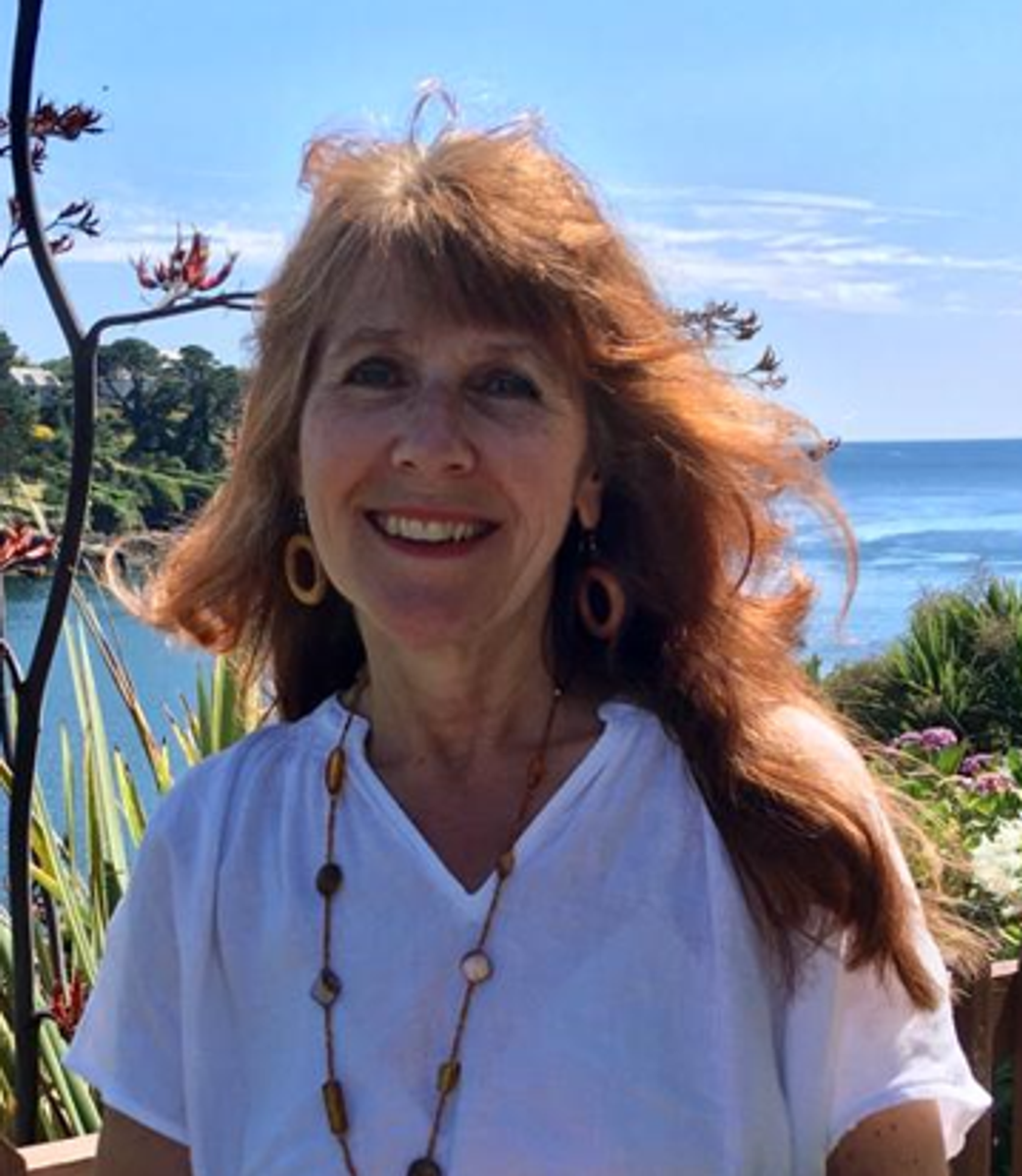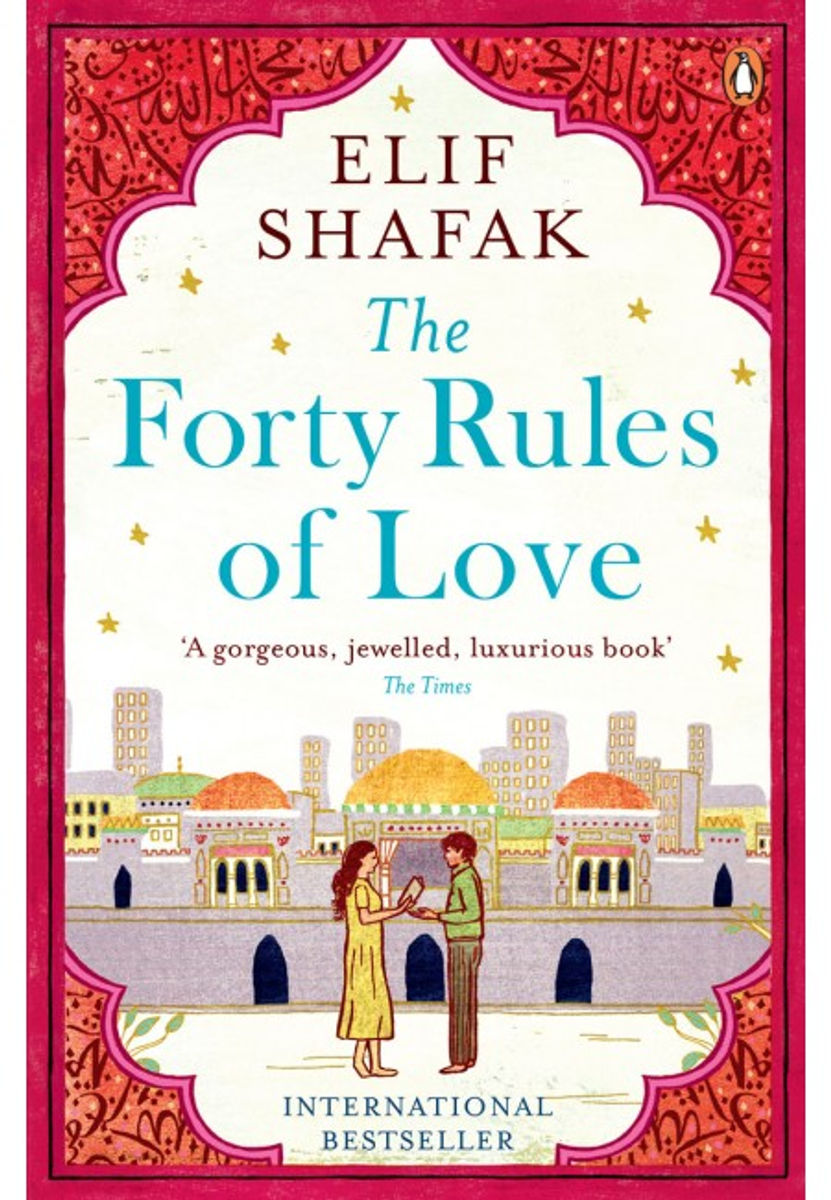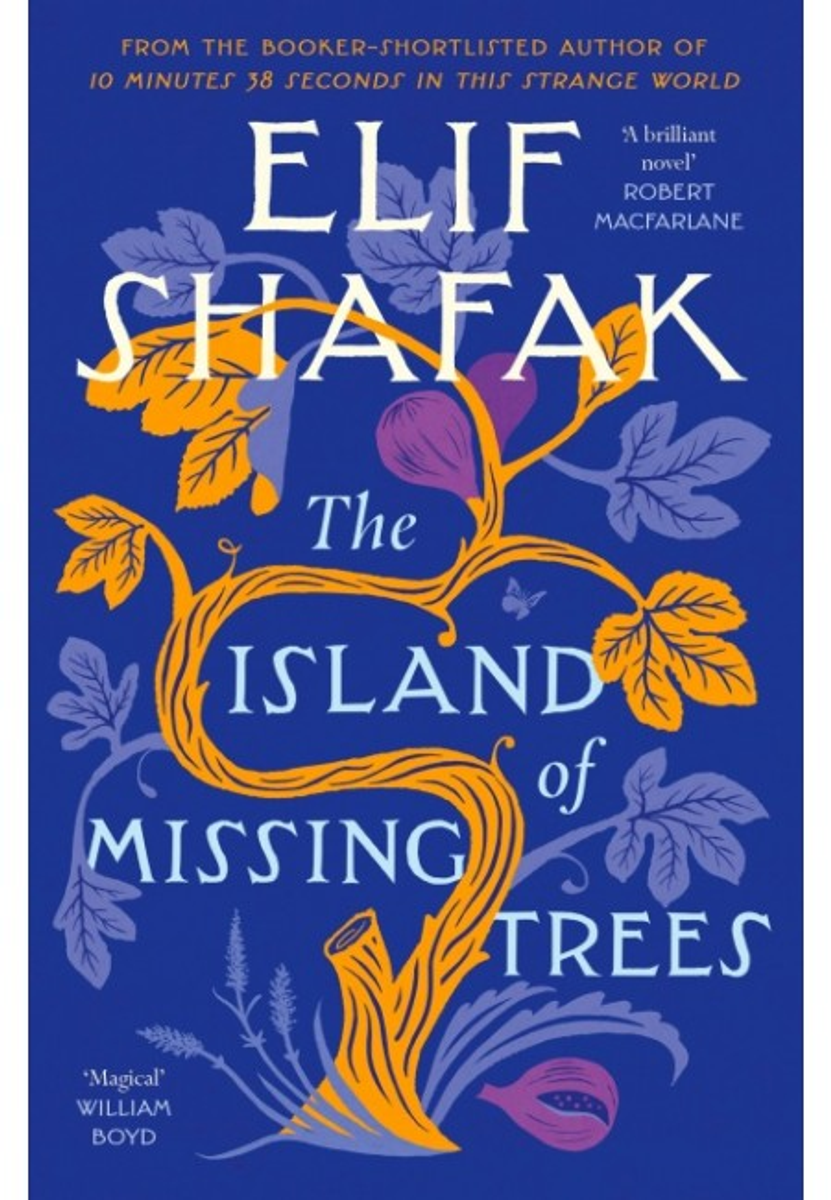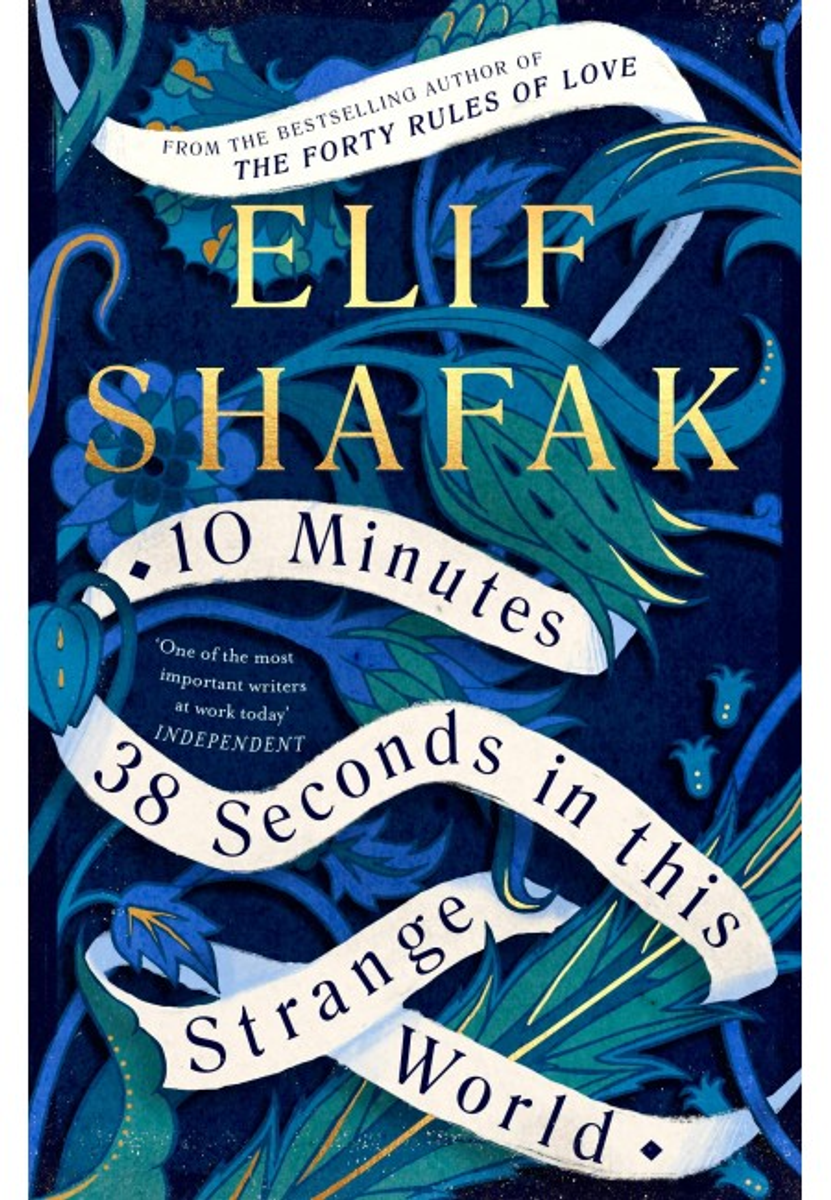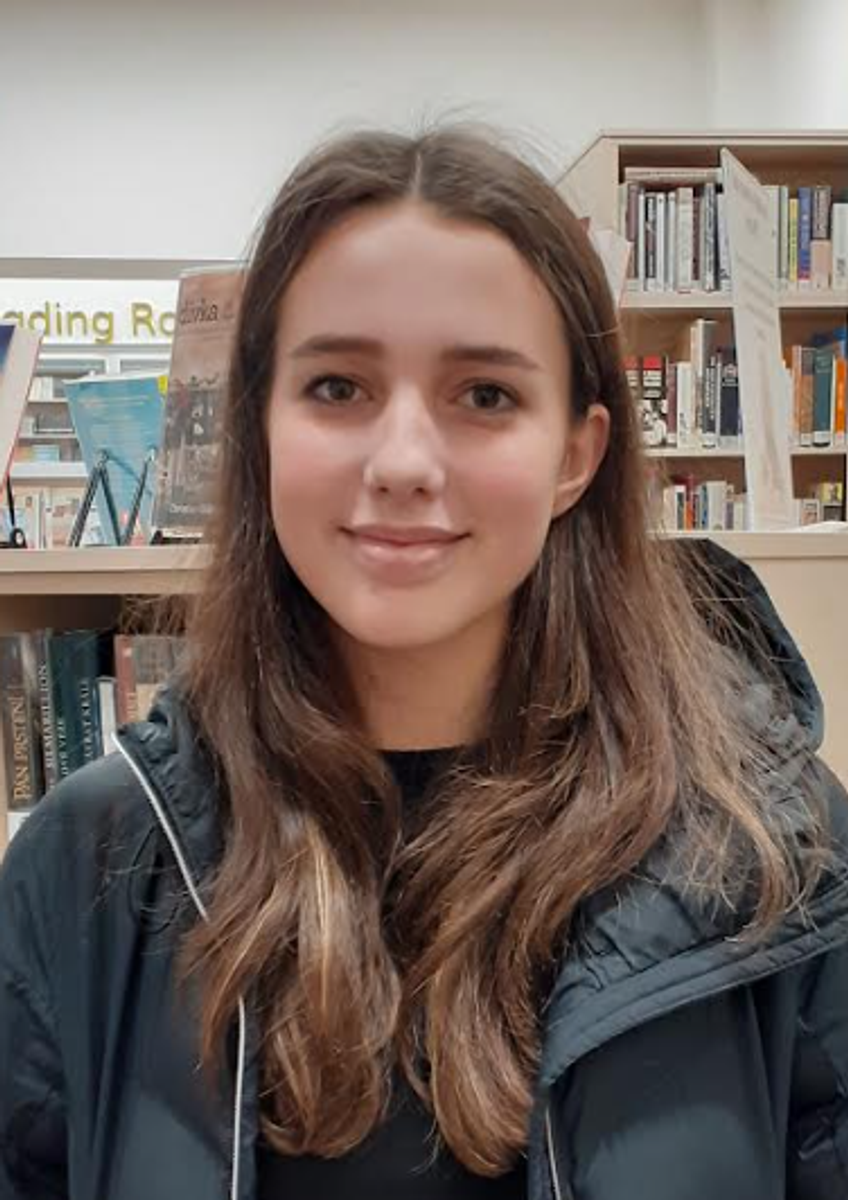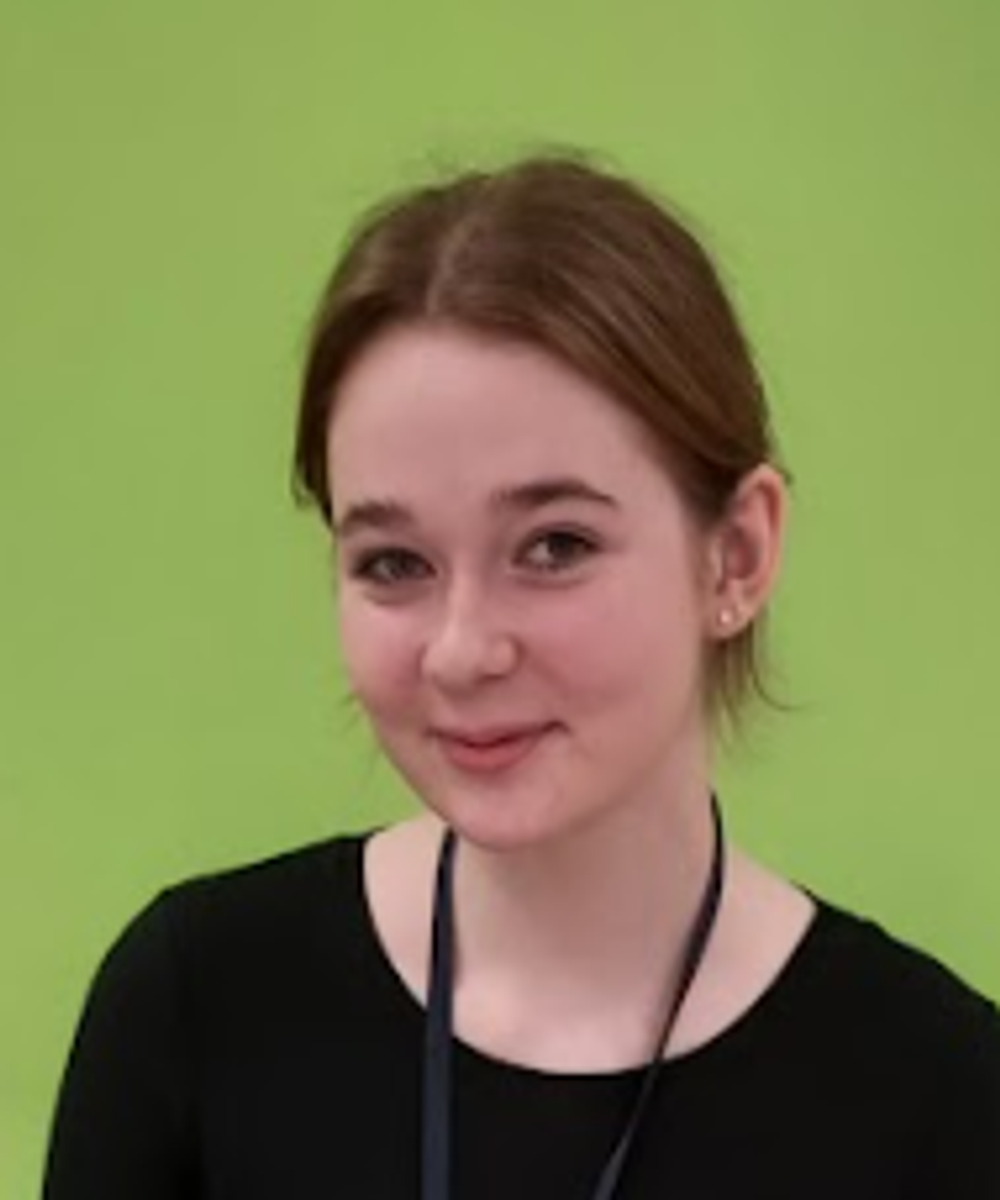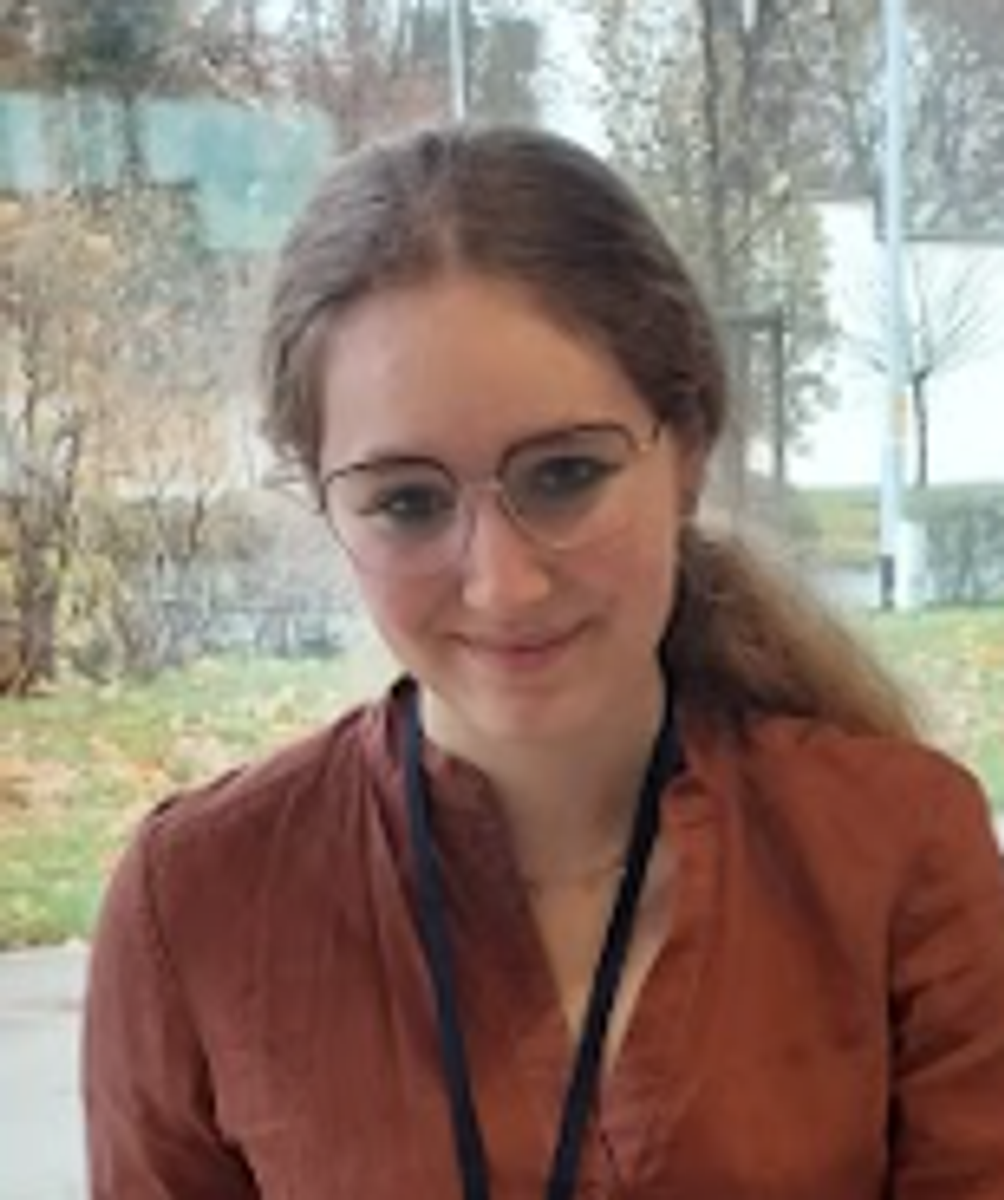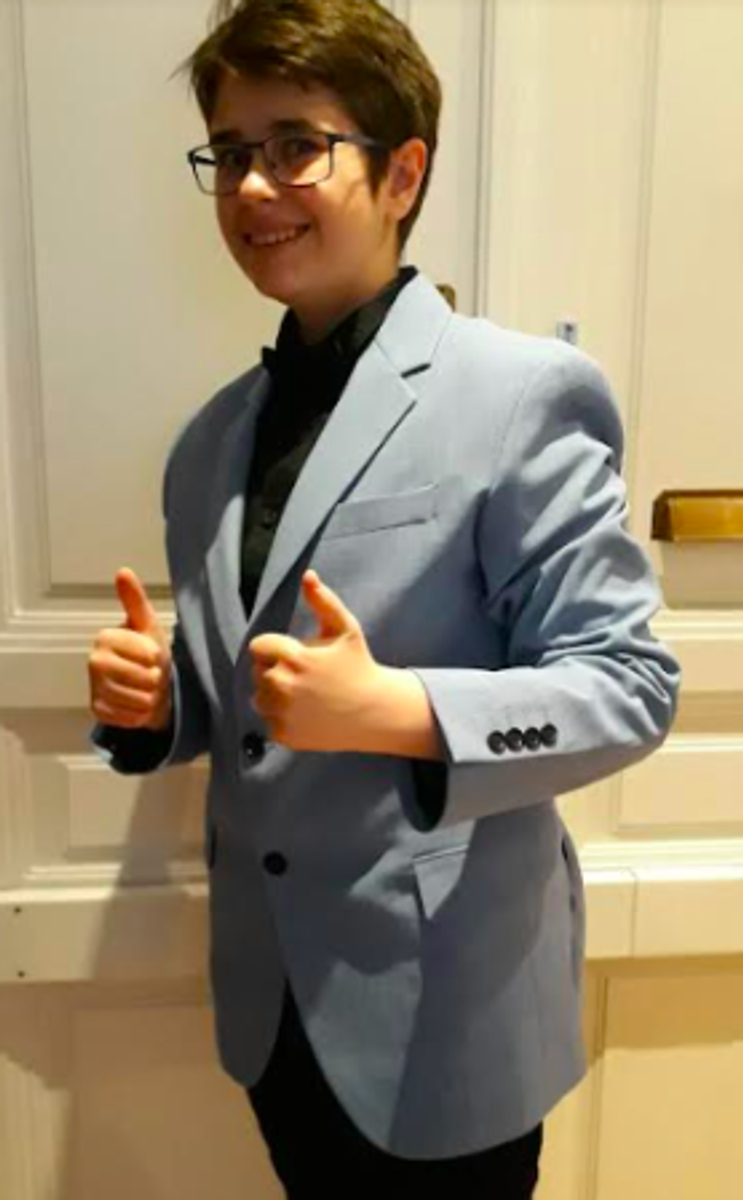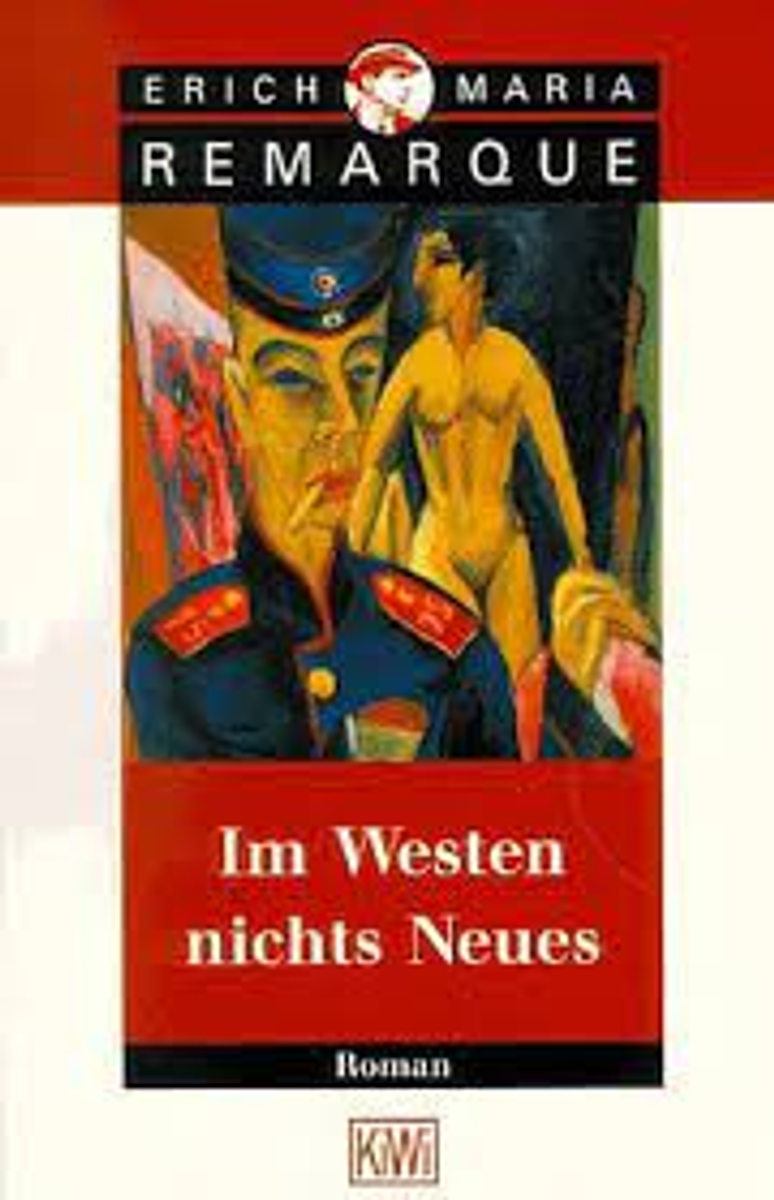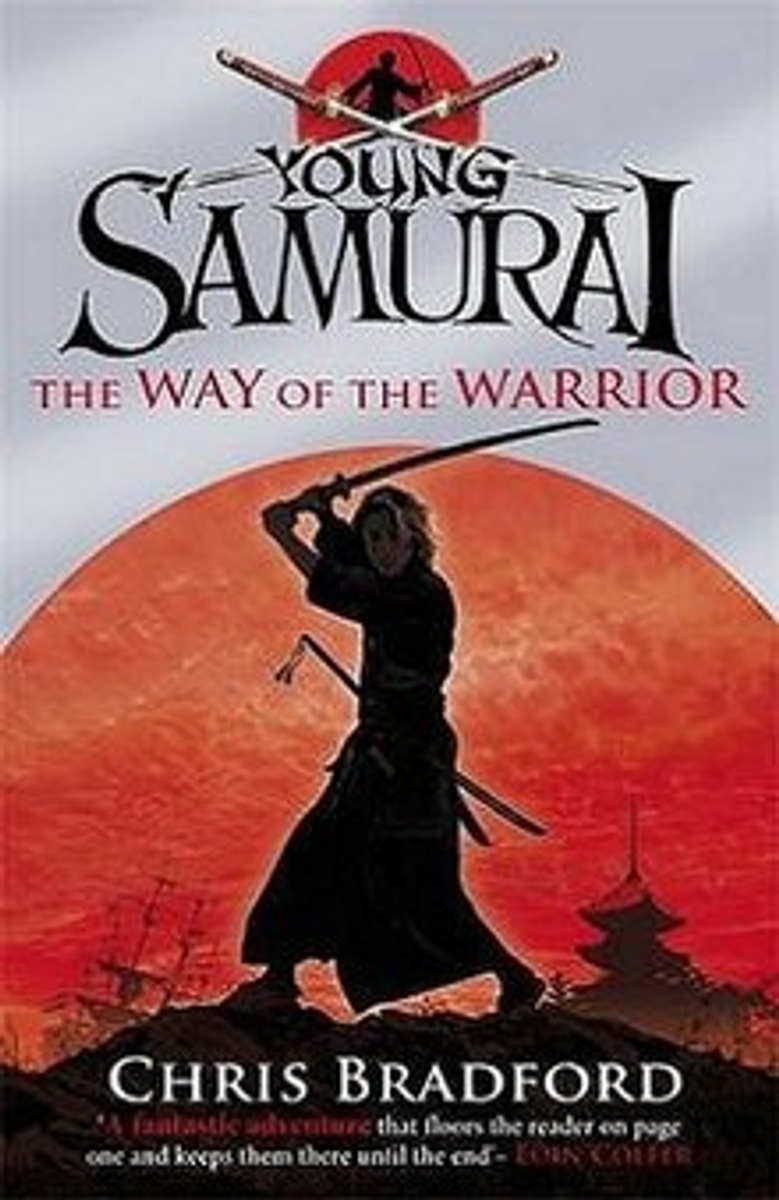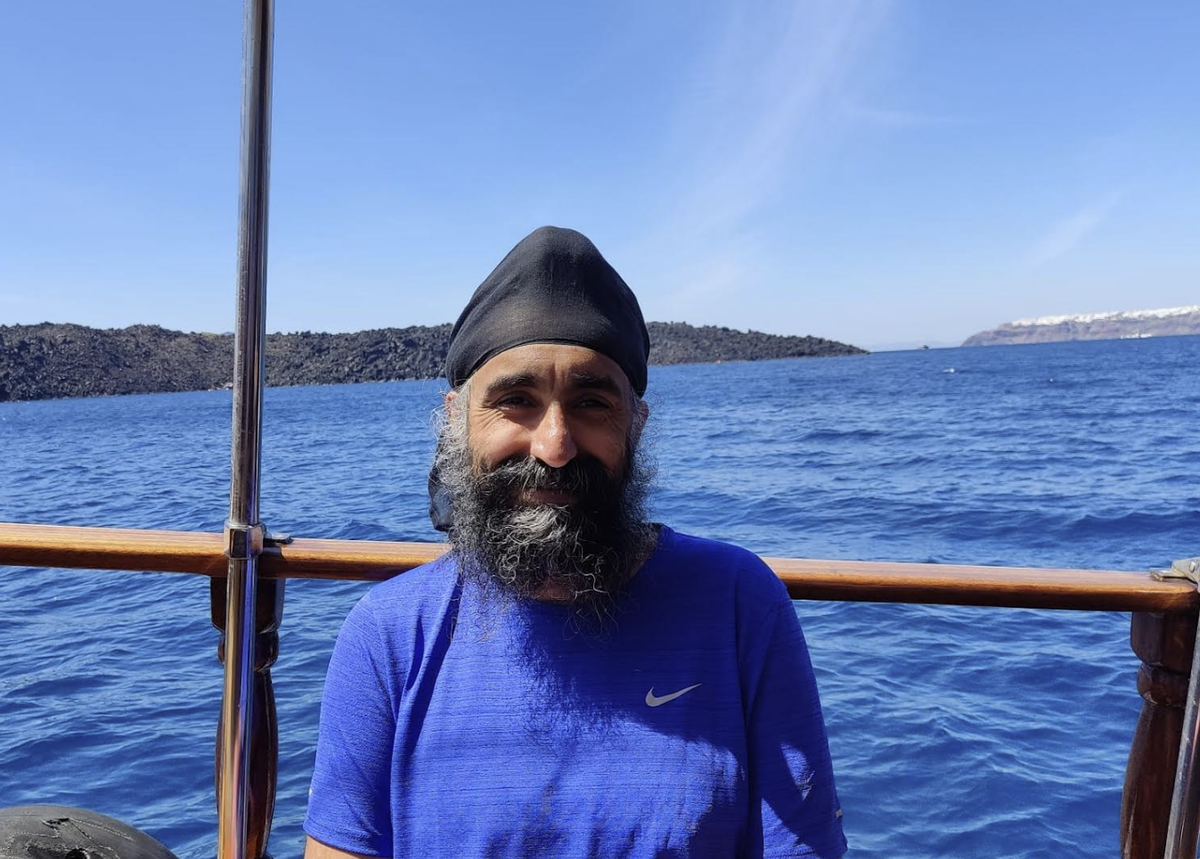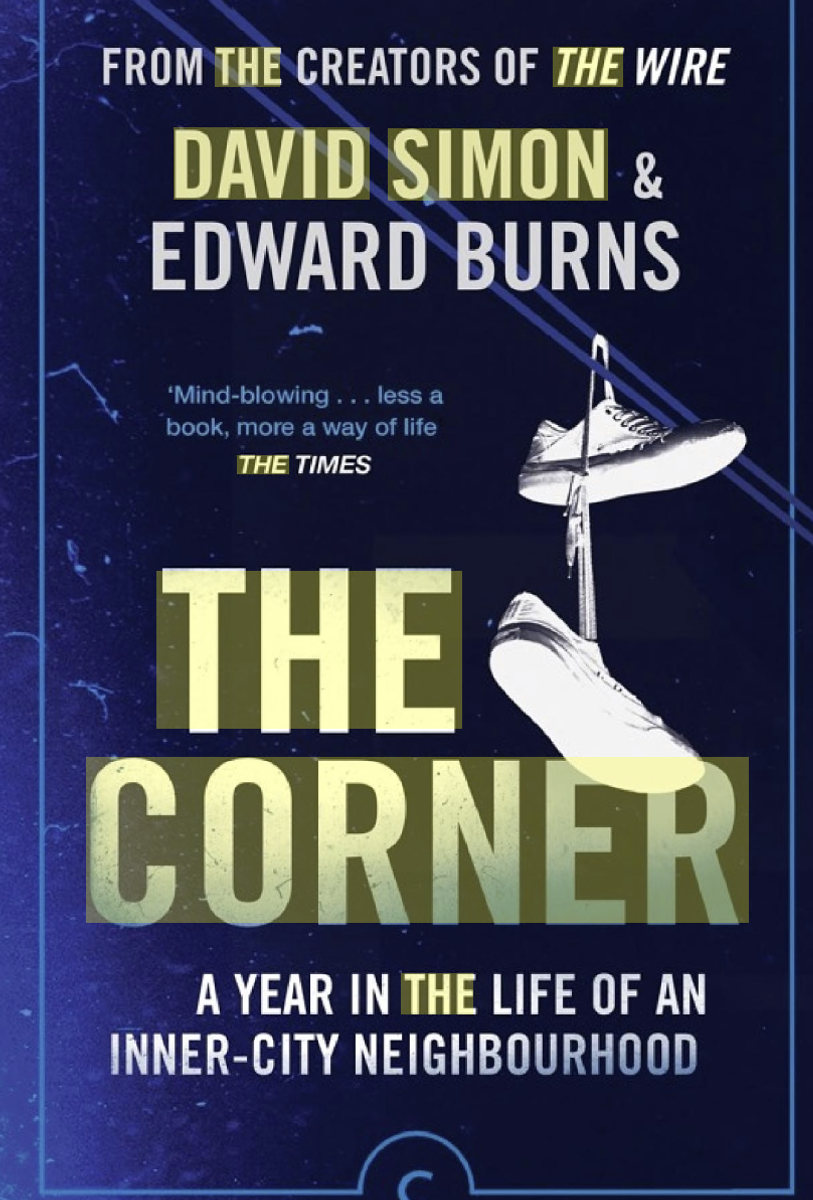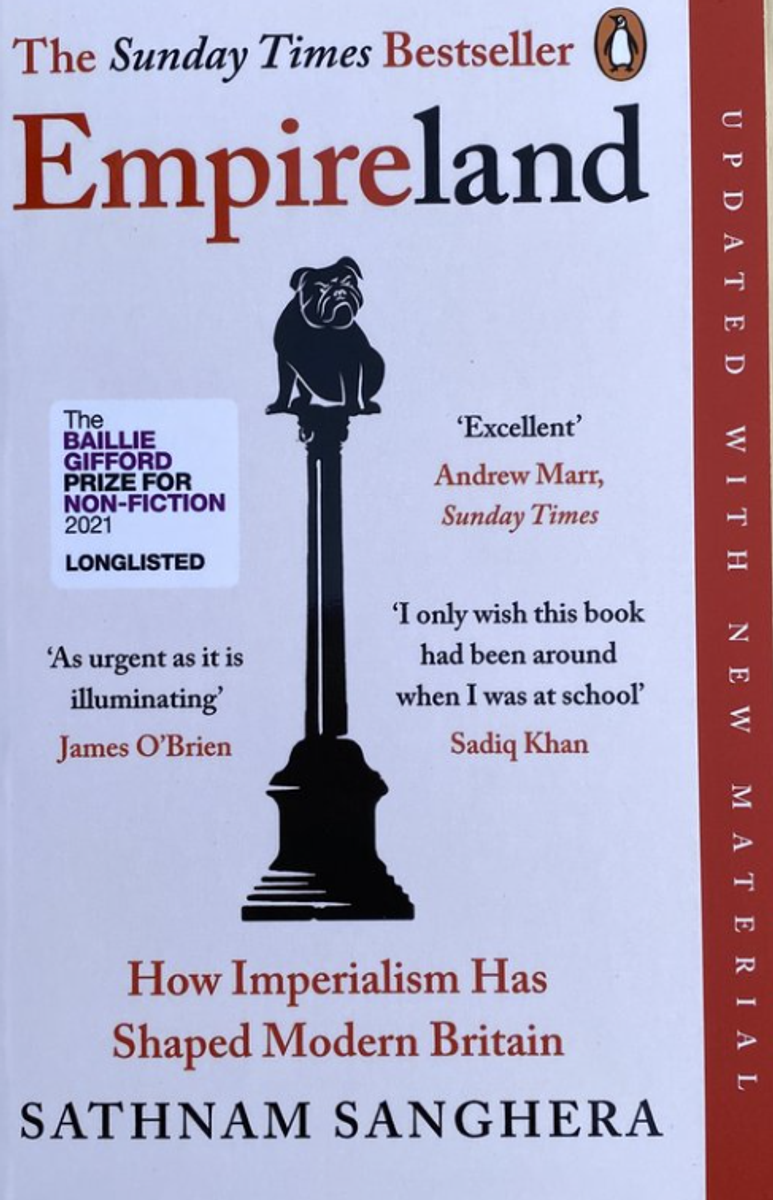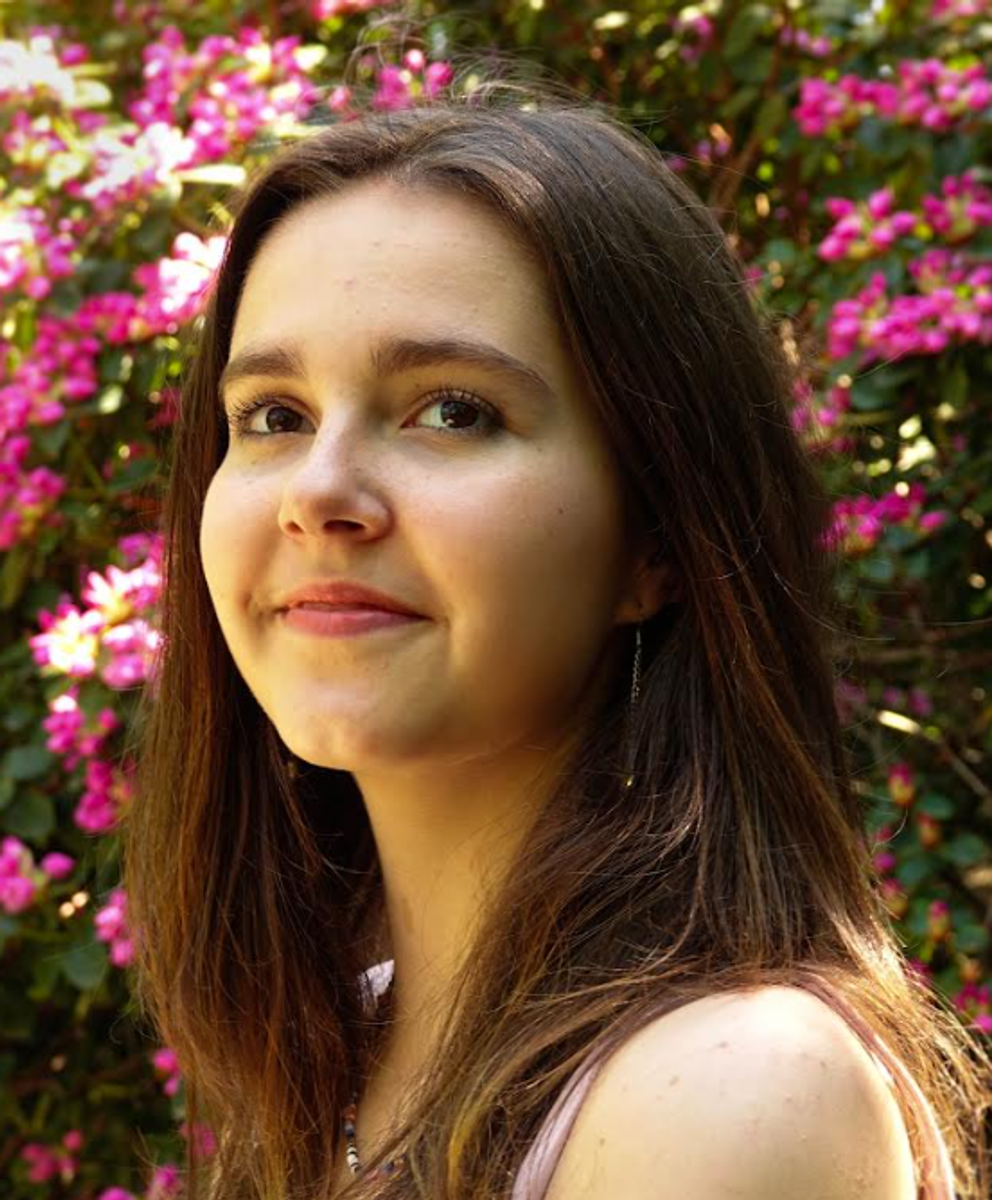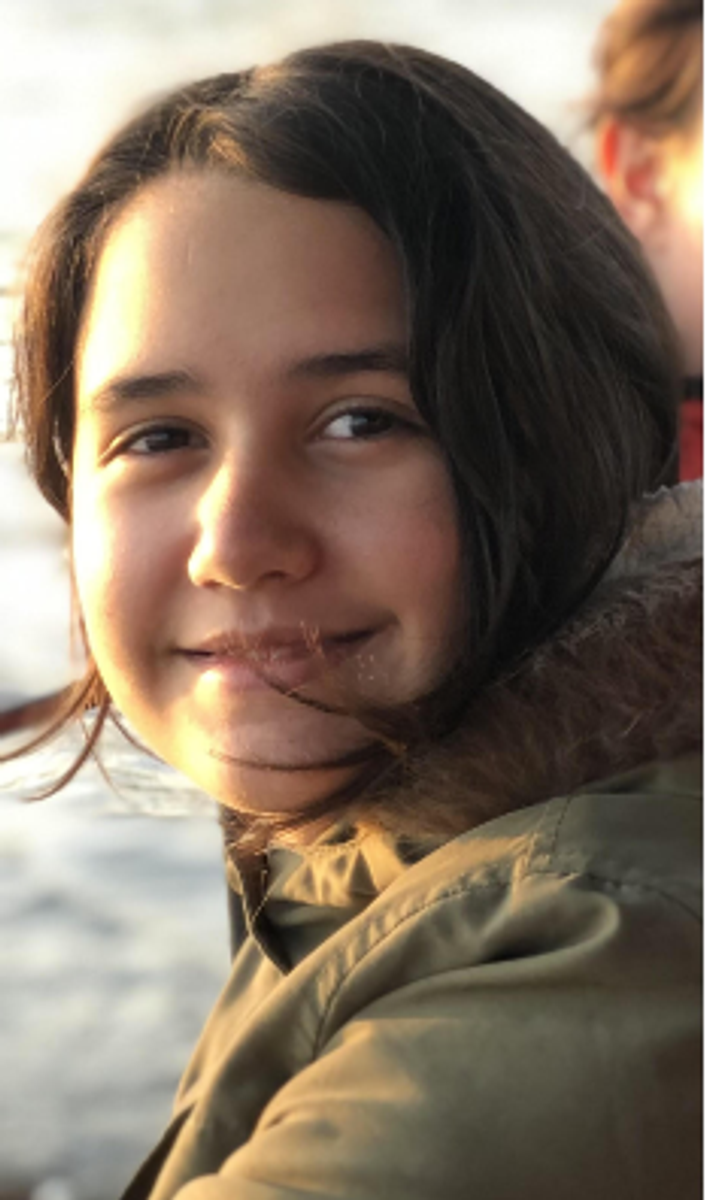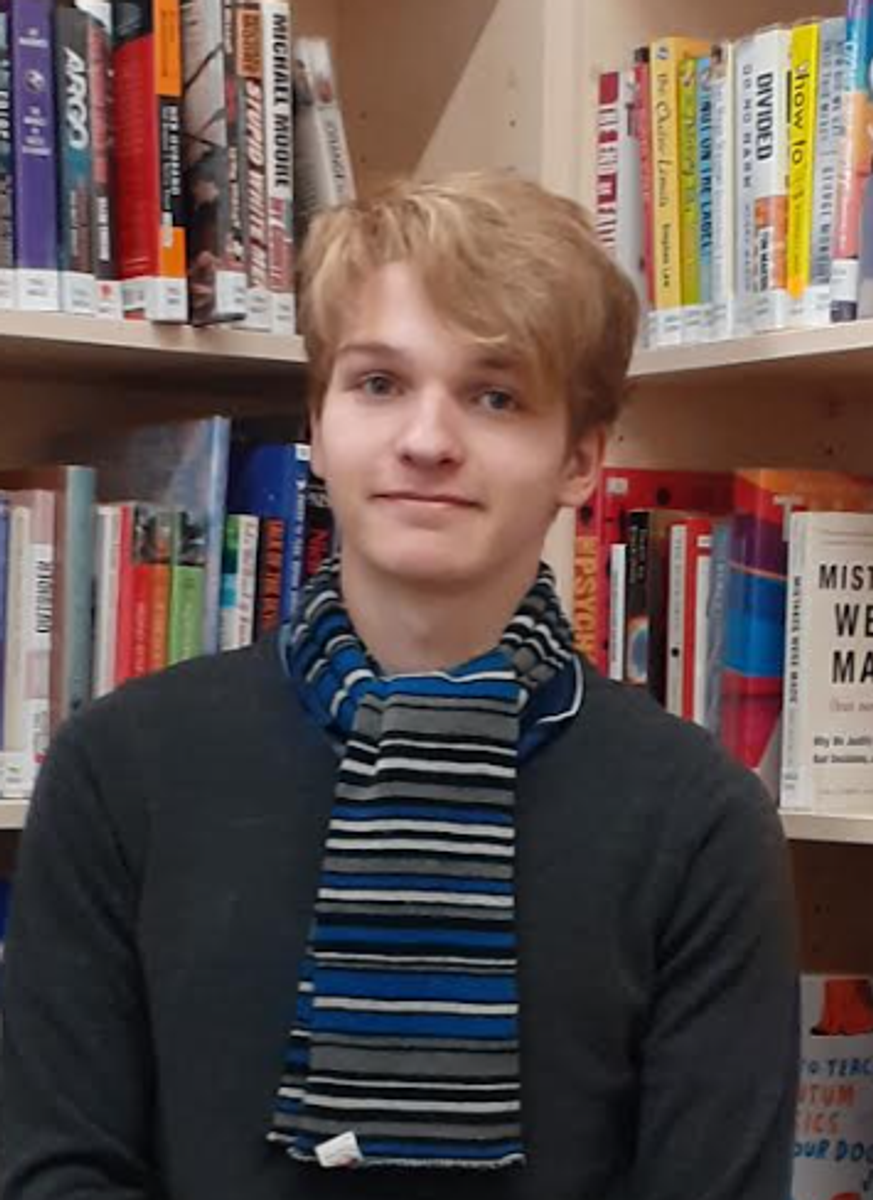Book Talk / O knihách

Top Readers/Nejlepší čtenáři
Congratulations to Ventus for doing the most reading last half term./Gratulujeme koleji Ventus, jejíž studenti přečetli v druhé polovině prvního trimestru nejvíce slov.
Our top readers in Years 1-3 were:/Našimi nejlepšími čtenáři v 1.-3. ročníku byli:
Stella Sečková
Clint Gerbrands
Karolína Chvátalová
Kateřina Poston
Nikolas Paulsen
Julie Musilová
Ellen Semerádová
Natalia Didovic
Ester Vodrážková
Martina Boštíková
Author Focus/Doporučený autor
In this issue, I’d like to recommend an author rather than a book. I don’t know about you, but when I find a book that I really enjoy, I want to read everything else the author has ever written! As a child I avidly read my way through every Enid Blyton book I could lay my hands on, before progressing onto CS Lewis, Agatha Christie, JRR Tolkein, Daphne Du Maurier, the Brontes and Jane Austen.
Recently, I’ve discovered the Turkish-British author, Elif Shafak (recommended to me by our Chemistry teacher, Katalin Biro). Shafak is an absolutely amazing writer and I am slowly working my way through her 19 novels. I began with 10 Minutes 38 Seconds in This Strange World which was shortlisted for the Booker Prize in 2019, and won several “Book of the Year” prizes that year. It’s a beautiful book about a dying woman’s slowly ebbing consciousness.
Then I moved onto her most recently published work, The Island of Missing Trees, which has as its backdrop the Cypriot conflict of the 1960s and 70s, but which once again combines an element of magical realism with the painful reality of its characters. Currently I am reading The Forty Rules of Love in which a middle-aged Jewish-American woman’s life is radically changed by reading a manuscript about a thirteenth century sufi mystic. As always the book is wonderfully written, incorporates elements of magical realism, gives an insight into both the period and place in which it is set and gives the reader so much on which to reflect.
If you haven’t read any of Shafak’s work yet, pop into the library and choose one of her amazing novels to enjoy over Christmas - I guarantee you won’t be disappointed!
Tentokrát bych ráda doporučila spíše autora než knihu. Nevím jak vy, ale když najdu knihu, která mě opravdu baví, chci si přečíst všechno ostatní, co daný autor napsal! Jako dítě jsem dychtivě četla každou knihu Enid Blytonové, kterou jsem mohla, než jsem postoupila k CS Lewisovi, Agátě Christie, JRR Tolkeinovi, Daphne Du Maurier, sestrám Bronteovým a Jane Austenové.
Nedávno jsem objevila turecko-britskou autorku Elif Shafak (doporučila mi ji naše učitelka chemie Katalin Biro). Shafak je naprosto úžasná spisovatelka a já se pomalu prokousávám jejími devatenácti romány. Začala jsem knihou 10 Minutes 38 Seconds in This Strange World, která byla v roce 2019 zařazena do užšího výběru na Booker Prize a ve stejném roce vyhrála několik cen „Kniha roku“. Je to krásná kniha o pomalu ubývajícím vědomí umírající ženy. Pak jsem přešla k jejímu nejnověji vydanému počinu Ostrov zmizelých stromů, který má na pozadí kyperský konflikt 60. a 70. let, ale který opět spojuje prvek magického realismu s bolestivou realitou svých postav. V současné době čtu dílo Čtyřicet pravidel lásky, ve kterém se život židovsko-americké ženy středního věku radikálně změní čtením rukopisu o súfijské mystičce ze třináctého století. Kniha je jako vždy skvěle napsaná, obsahuje prvky magického realismu, dává nahlédnout jak do daného období, tak do místa děje, a dává čtenáři tolik námětů k přemýšlení.
Pokud jste ještě nečetli žádné dílo této autorky, zaskočte do knihovny a vyberte si jeden z jejích úžasných románů, které si užijete o Vánocích – garantuji vám, že nebudete zklamáni!
Bronze Award Winners/Vítězové bronzového ocenění
I was absolutely delighted to present our first Bronze ECP Reading Awards in December. Veronika Moravcová, Eileen Griffin and Lucienne Erent all achieved the award having read a wide range of books and completed a range of reflective activities related to their reading.
The ECP Reading Award is a prestigious prize that encourages students to read a diverse range of books including classics, poetry, contemporary and history fiction as well as non-fiction focused on topics such as philosophy, science or psychology. To achieve the Bronze Award students need to complete 8 tasks ranging from shadowing a book award, attending a book group or exploring a controversial issue of modern life that has global consequences.
Kayti Selbie, Librarian
Byla jsem nesmírně potěšena, že jsem v prosinci mohla předat naše první školní bronzová ocenění za četbu. Veronika Moravcová, Eileen Griffin a Lucienne Erent získaly tuto cenu za to, že přečetly širokou škálu knih a absolvovaly řadu reflexivních aktivit spojených s jejich znalostí.
ECP Reading Award je prestižní ocenění, které povzbuzuje studenty k tomu, aby četli rozmanitou škálu knih včetně klasiky, poezie, současné a historické beletrie i literatury faktu zaměřené na témata, jako je filozofie, věda nebo psychologie. K tomu, aby studenti získali bronzové ocenění, musí splnit 8 úkolů, od stínování knižní ceny, návštěvy knižní skupiny nebo zkoumání kontroverzního problému moderního života, který má globální důsledky.
Kayti Selbie, knihovnice
Student Spotlight/Studenti doporučují
All quiet on the western front/Na západní frontě klidby Erich Maria Remarque
“Life is a disease, brother, and death begins already at birth. Every breath, every heartbeat, is a moment of dying - a little shove toward the end.”
“How senseless is everything that can ever be written, done, or thought, when such things are possible.” Erich Maria Remarque
„Život je nemoc a smrt začíná narozením. Každé vydechnutí a každý tep srdce je zároveň tak trochu umíráním - malým krůčkem ke konci.”
„Jak nesmyslné je vše, co lze kdy napsat, udělat nebo vymyslet, když jsou takové věci možné." Erich Maria Remarque
This marvellous 1928 novel is a must read for people fascinated by war novels. The story, set in 1917, follows the life of a 19-year-old German soldier named Paul Bäumer, who, together with his company of long-time friends, has just been deployed on the Western front. Paul and his company of soldiers, who were once his friends, have to face many dangers, be it enemy artillery or even a plague of rats invading the trenches. He and his colleagues form a strong bond during their perilous missions and the terrifying moments they spend in the trenches. Many of Paul's friends die and the war seems to have no end. The author does a great job at the brutal portrayal of World War I and the horrific effects it had on human mental health. It is indeed, quite graphically and brutally written, and it features multiple controversial aspects, which, unfortunately, were a reality for the soldiers of WWI. Moreover, the novel itself was heavily influenced by the author’s first hand experience, as he was also deployed on the Western front, and quite miraculously, made it back home. This leads to speculation that the book might be an autobiographical novel, despite this theory never being confirmed.
Overall, I would definitely recommend this book to everyone interested in War novels, and despite the fact that it might not be for everyone, it is an absolutely fantastic story. The fluency of the story makes it exciting to read, despite it not being very long, and the reader might even be a little disappointed when the story finally comes to its conclusion. The book provides fantastic analysis material, due to the overwhelming usage of metaphors, themes, and more literary elements. Taking all these things into account, the book is a definite 5/5⭐⭐⭐⭐⭐, and I recommend everyone to read it!
Adam Šefránek, Year 4
Tento báječný román z roku 1928 je povinnou četbou pro lidi fascinované válečnými romány. Příběh odehrávající se v roce 1917 sleduje život 19ti letého německého vojáka Paula Bäumera, který byl spolu se svou skupinou dlouhodobých přátel právě nasazen na západní frontě. Paul a jeho skupina vojáků, kteří byli kdysi jeho přáteli, musí čelit mnoha nebezpečím, ať už jde o nepřátelské dělostřelectvo nebo dokonce mor krys napadajících zákopy. Se svými kolegy si během nebezpečných misí a děsivých chvil, které tráví v zákopech, vytváří silné pouto. Mnoho Paulových přátel zemře a zdá se, že válka nemá konce. Autor odvádí skvělou práci v brutálním zobrazení první světové války a děsivých dopadech, které to mělo na lidské duševní zdraví. Je skutečně napsána výpravně a brutálně a vyznačuje se mnoha kontroverzními aspekty, které byly bohužel pro vojáky první světové války realitou. Samotný román byl navíc silně ovlivněn autorovou první zkušeností, protože byl také nasazen na západní frontě a zcela zázračně se vrátil domů. To vede ke spekulacím, že by kniha mohla být autobiografickým románem, přestože tato teorie nebyla nikdy potvrzena.
Celkově bych tuto knihu určitě doporučil všem zájemcům o válečné romány a i přes to, že by nemusela být pro každého, je to naprosto fantastický příběh. Plynulost příběhu činí čtení napínavým, přestože text není příliš dlouhý, a čtenář by mohl být i trochu zklamán, když příběh konečně dospěje ke svému závěru. Kniha poskytuje fantastický analytický materiál díky ohromnému použití metafor, námětů a dalších literárních prvků. Vezmeme-li všechny tyto věci v úvahu, kniha má jednoznačných 5/5⭐⭐⭐⭐⭐ a všem doporučuji si ji přečíst!
Adam Šefránek, 4. ročník
Librarian Likes/Knihovna vybírá
My recommendation is a series by Chris Bradford called Young Samurai. It is a fictional series set in the 17th century in Japan. It describes the clash between two different cultures - English and Japanese. Jack Fletcher is a boy who gets stranded in Japan after his father and the ship’s crew are killed and a respected samurai Masamoto adopts him as his son. Jack needs to learn a new language and customs and he has to be aware of the Portuguese living in Japan because Portugal is at war with England. He also has to prove himself to his new friends, learn the skills of a samurai and fight ninjas - all while hoping for a return to his homeland and to his younger sister - his only living relative.
Alena Turneberová, Assistant Librarian
Osobně doporučuji sérii od Chrise Bradforda s názvem Young Samurai. Jedná se o fiktivní sérii odehrávající se v Japonsku v 17. století. Popisuje střet dvou odlišných kultur – anglické a japonské. Jack Fletcher je chlapec, který uvízne v Japonsku poté, co jeho otec a posádka lodi byli zabiti a uznávaný samuraj Masamoto ho adoptoval jako svého syna. Jack se potřebuje naučit nový jazyk a zvyky a musí být na pozoru před Portugalci žijícími v Japonsku, protože Portugalsko je ve válce s Anglií. Musí se také osvědčit svým novým přátelům, naučit se dovednosti samuraje a bojovat s ninji – a přitom doufat v návrat do své vlasti a ke své mladší sestře – jediné žijící příbuzné.
Alena Turneberová, asistentka knihovnice
Teacher Feature/Doporučení učitele
I will focus primarily on non-fiction that I have (mostly) read this year. As a chemist, I cannot talk about non-fiction without including two fantastic chemistry books, the first is known to many people already, Primo Levi’s Periodic Table. This is an incredible book, made up of a number of short tales from his life that each relate to an element. These are gripping stories that are beautifully written and helped to remind me of how much I love my subject at a time when I was a bit disillusioned during my postgraduate studies. The other is Simon Garfiels’s Mauve: How One Man Invented a Colour That Changed the World. This book takes a look at how WIlliam Perkin’s accidental discovery of an odd shade of purple dye in the 1800s revolutionised the fashion industry and really kickstarted the development of synthetic dyes.
Zaměřím se především na literaturu faktu, kterou jsem letos (většinou) četl. Jako chemikář nemohu mluvit o literatuře faktu, aniž bych nezahrnul dvě fantastické knihy o chemii. První z nich už mnoho lidí zná, je to Periodická tabulka Prima Leviho. Je to neuvěřitelná kniha, složená z několika krátkých příběhů z jeho života, z nichž každá souvisí s nějakým prvkem. Jsou to napínavé příběhy, které jsou krásně napsané a pomohly mi připomenout si, jak moc miluji svůj předmět v době, kdy jsem byl během postgraduálního studia trochu rozčarovaný. Druhým dílem je Mauve: How One Man Invented a Color That Change the World od Simona Garfielse. Tato kniha se zabývá tím, jak náhodný objev zvláštního odstínu purpurového barviva WIlliamem Perkinem v roce 1800 způsobil revoluci v módním průmyslu a skutečně nastartoval vývoj syntetických barviv.
For something a little different, I read a couple of books that were all about the issues of opioid abuse in America. The Corner by David Simon closely follows a community in inner city Baltimore in the 1990s and documents the effect of the heroin epidemic on the people and community. It’s filled with compelling personal stories that provide a fascinating look at addiction and the ineffectiveness of America’s war on drugs. This book was also heavily leant on by David Simon when he made The Wire, which in my opinion is the greatest TV show ever made. I quickly followed this up by reading Dopesick by Beth Macy. This book focuses on the opioid epidemic originating from the prescription drug OxyContin. It exposes the awful practices of the pharmaceutical industry that pushed the over-prescription of dangerous drugs in order to increase their profit margins. It is filled with tragic personal stories but there is a strong thread of hope that runs through the whole book.
My final non-fiction recommendation is Empireland by Sathnam Sanghera. The 75th anniversary celebrations of Indian Independence has had me reading more into the partition of India and the impact of the British Empire. The author takes a personal journey through Britain’s imperial past and present. He is often critical of the impact of the Empire across the world and also spends a lot of time talking about how citizens of the Empire have played instrumental parts in getting Britain to where it is today, something that is often overlooked.
If anybody wants a fiction recommendation, you should go and read The Seven Moons of Maali Almeida - it won the Booker prize this year and I was gripped from start to finish.
Dr Harprit Athwal, Head of Chemistry
Z jiného soudku je několik knih, které jsem četl na téma problematiky zneužívání opiátů v Americe. The Corner od Davida Simona pozorně sleduje komunitu ve vnitřním Baltimoru v 90. letech a dokumentuje dopad heroinové epidemie na lidi a komunitu. Je plná přesvědčivých osobních příběhů, které poskytují fascinující pohled na závislost a neúčinnost americké války proti drogám. O tuto knihu se také David Simon silně opíral, když natočil The Wire, což je podle mého názoru největší televizní show, která kdy byla natočena. Rychle jsem na to navázal přečtením díla Dopesick od Beth Macy. Tato kniha se zaměřuje na opioidní epidemii pocházející z léku OxyContin na předpis. Odhaluje hrozné praktiky farmaceutického průmyslu, který prosazoval nadměrné předepisování nebezpečných léků, aby zvýšil své ziskové marže. Je plná tragických osobních příběhů, ale celou knihou se táhne silné vlákno naděje.
Moje poslední doporučení z literatury faktu je Empireland od Sathnama Sanghery. Oslavy 75. výročí indické nezávislosti mě přiměly číst více o osamostatnění Indie a dopadu na britské impérium. Autor se vydává na osobní cestu britskou imperiální minulostí i současností. Často kritizuje dopad impéria na celý svět a také tráví spoustu času debatováním o tom, jak občané impéria sehráli hlavní roli v tom, aby dovedli Británii tam, kde je dnes, což je často přehlíženo.
Pokud někdo chce doporučení na beletrii, měl by si jít přečíst Sedm měsíců Maaliho Almeidy – dílo letos vyhrálo ocenění Booker Prize a od začátku do konce příběhu jsem jím byl uchvácen.
Dr. Harprit Athwal, vedoucí oddělení
Poetry Winners/Vítězové soutěže v psaní poezie
We’re delighted to announce the winners of ECP’s annual poetry competition. There were some fantastic entries this year which made the judges’ decision immensely difficult so we’re glad that you will be able to read them all in the ECP Literary Journal which will be published later this year.
Veronika Moravcová in Year 4 and Liliana Tuček in Year 1 were winners and their poems have been entered into the annual COBIS international poetry competition, whilst Ela Sršňová in Year 4 and Alexander Howell in Year 2 were worthy runners up. You can enjoy reading each of their poems below.
S potěšením oznamujeme vítěze každoroční básnické soutěže ECP. Letos bylo odevzdáno několik fantastických děl, která porotcům nesmírně ztížila rozhodování, takže jsme rádi, že si je všechny budete moci přečíst v chystaném Literárním žurnálu ECP.
Vítězkami se staly Veronika Moravcová ze 4. ročníku a Liliana Tuček z 1. ročníku. Jejich básně byly přihlášeny do každoroční mezinárodní básnické soutěže organizace COBIS. V těsném závěsu následovaly výtvory Ely Sršňové ze 4. ročníku a Alexandra Howella z 2. ročníku. Níže si můžete jejich básně přečíst.
Year 3-4 Winner: Indescribable by Veronika Moravcová
As a Wilde soul once said:
That being a noun is a punishment.
I do not wish to be the fountain of such.
But the beige shadow in the mirror
Is a promise of my imprisonment.
I am a collection sitting on his bookcase
Of people who described my heart:
A piece of Plath and Poe, like my palms
Feeling him too much and not at all.
Limited by my solid state when I melt
Into his arms.
I am a burning rose,
Wrapped loosely in my skin,
Decorated with a pretty mouth and shiny hair,
And when I struggle to breathe under his hands,
I drown.
I suffocate.
I extinguish.
Left standing on the side of the road
On a naive November night.
I am MAD for him.
Just waiting to explode from his booming laugh
And when I do, I will splatter and shower
The world of my bubble
With my matted, wounded, perfumed self.
My brain is buried in cotton;
Comfortable in my oblivion.
More painless than writing poems on the bus
On a naive November night,
Wishing I was here instead.
I was nothing to him
On that naive November night.
Not a noun, adjective, or adverb.
Maybe I am indescribable to him.
He is not an artist.
His tears never dried on his fingertips like paint,
His voice never cracked when singing a verse,
The shards never pierced his heart-
Causing blood to drip on his pages of words.
Of course, his words were empty.
He does not know how to love,
How to suffer.
But I do know how.
That is who I am.
Year 3-4 Runner Up: Who am I? by Ela Sršňová
I am not a name -
My name has been taken before by a thousand other girls.
A body?
The way my skin fits around my bones, the tone of my eyes or the redness of my lips.
But a body can be bruised and broken by others.
And I decide who I am.
A personality then? And yet I am an actor, who has played so many roles she has forgotten which one was truly hers.
Who am I?
Am I the sound of my laughter, the cascade of my tears, the beating of my heart, the desperation in my cry; the scattered pieces of a person which make up their soul?
Who am I?
I am.
And that is enough.
Year 1-2 Winner: Who am I? by Liliana Tuček
Personalities constructed within a blue screen
Using words they have only seen
Fashion influenced by media tiles
Masking themselves behind porcelain smiles
Nature can’t be molded; its words can’t be woven
It sings unbroken melodies to hearts that aren't open
Always changing, and never the same
No need for comments that are generally lame
Missing out on morning tweets,
Videos suddenly don’t seem that sweet
When looking out on autumn trees
Watching sunlight dancing among the leaves.
The seashells hidden in the sand,
Don’t compare to the device in my hand
That makes me anxious and full of concerns
Unlike the wild strawberries found under the ferns
Weary of keeping up with the expectations
And being perfect for the many illustrations
Why can’t I just be fourteen?
Who is the me beyond the screen?
Year 1-2 Runner up: Purpose by Alexander Howell
Sorrow and sadness, Enters my soul.What is my function? What is my call?
A question pondered by many, But aware are only a few. A future sought by plenty,
But they quite never go through.
Fame, glory and fortune,
But they do not know what to do.
A great life without distortion,
But never quite really in view.
Paradoxes plunder one’s mind,
As it becomes rather apparent.
A purpose in a society?Where nobody is truly present.
Like cogs in a machine,
Nails in a frame,
We are the ants,Living in pain.
Pain of loss.
Pain of meaning.
Pain of truth,Is all that remains.Sorrow and sadness,Enters my soul.What is my function?What is my call? Built to serve?Or serve to be built?Is it really worth it?
Living with this guilt?
The knowledge that tells,
Only those who listen.Everyone is the same,
Nobody’s different…
But knowledge is rare,
And never quite true.
What if allas,
We can all live too?Purpose and pleasure,
Joy without grief.
A life that awaits,
Only those who think.Drive, determination,Enters my soul.This is my function.This is my call.
